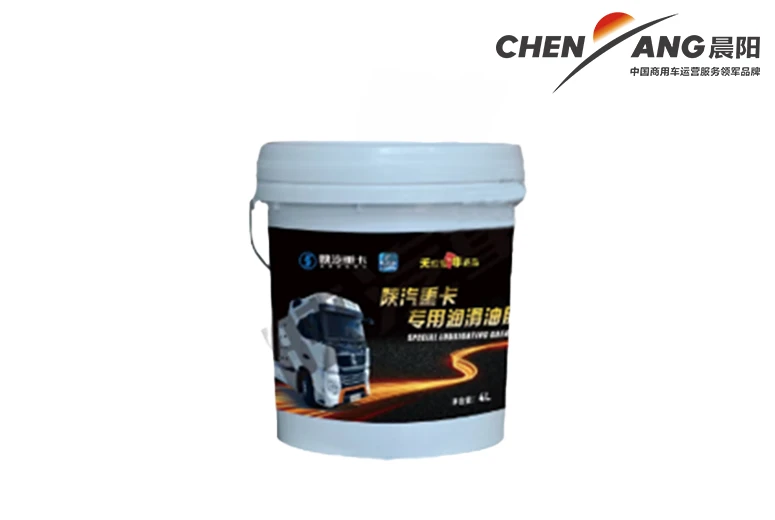wheel loader
Understanding Wheel Loaders A Vital Tool in Construction and Civil Engineering
Wheel loaders are indispensable machines in the realms of construction, agriculture, and various industrial applications. As heavy equipment designed for loading, transporting, and digging materials, wheel loaders play a crucial role in streamlining operations and maximizing productivity on job sites. This article delves into the workings, applications, and benefits of wheel loaders, showcasing their significance in the modern workforce.
What is a Wheel Loader?
A wheel loader, often referred to as a front-end loader, features a large bucket mounted at the front, giving it the ability to scoop up various materials from the ground, transport them, and deposit them at another location. They are equipped with powerful hydraulic systems that facilitate the lifting and tilting of the bucket, providing operators with enhanced control and flexibility. Wheel loaders are typically powered by diesel engines, which deliver the torque necessary for heavy lifting tasks.
Types of Wheel Loaders
There is a wide variety of wheel loaders available, differing in size, capacity, and features. They can be categorized into different types
1. Compact Wheel Loaders These smaller models are ideal for urban construction, landscaping, and agricultural tasks. Their size allows them to operate in tight spaces while still offering significant lifting capabilities.
2. Small to Medium Wheel Loaders These are versatile machines used across various industries, capable of handling moderate loads efficiently. They strike a balance between power and maneuverability.
3. Large Wheel Loaders Designed for heavy-duty operations, large wheel loaders are often found in mining and heavy construction projects. They can handle substantial loads, making them vital for moving soil, gravel, and other materials.
Key Applications
The applications for wheel loaders are virtually limitless
. Their primary use in construction includeswheel loader

- Material Handling They facilitate the loading of materials into trucks or conveyors, reducing the time it takes to move earth, sand, gravel, and debris.
- Site Preparation Wheel loaders are essential for grading and leveling surfaces to prepare them for building. Their ability to scoop and move large volumes of earth makes them an excellent choice for excavation tasks.
- Landscaping These machines can also assist in landscaping projects, contributing to the efficient movement of soil and planting materials.
- Agriculture In farming, wheel loaders help in loading crops, transporting feed, and managing maintenance tasks around the farm, making them versatile agricultural tools.
Advantages of Wheel Loaders
1. Efficiency The hydraulic systems of wheel loaders enable swift operations, allowing heavy loads to be moved quickly and effectively.
2. Versatility With different attachments available—such as forks, snow plows, and grapples—wheel loaders can perform a multitude of tasks, making them adaptable to various job requirements.
3. Ease of Operation Modern wheel loaders come equipped with advanced technology and ergonomic controls, which simplify operation and enhance operator comfort.
4. Durability Built to withstand the rigors of tough job environments, wheel loaders are designed for longevity, reducing the frequency of repairs and maintenance.
Conclusion
In conclusion, wheel loaders are essential machines that enhance productivity across numerous industries, especially construction and agriculture. Their ability to load, transport, and manipulate materials efficiently makes them a staple on job sites worldwide. As technology advances, the capabilities of wheel loaders continue to improve, solidifying their position as a vital tool in modern heavy machinery. Whether used in a bustling urban construction project or a serene agricultural setting, wheel loaders prove their worth day after day, helping operators achieve their objectives with ease and efficiency.
-
SINOTRUK HOWO 84 Electric Dump Truck for Eco-Friendly Heavy HaulingNewsJul.26,2025
-
The Fast 16-Gear Manual Transmission Assembly for Heavy TrucksNewsJul.25,2025
-
Mercedes Benz Actros 1848 42 Tractor Truck for Sale - Reliable PerformanceNewsJul.24,2025
-
High-Quality Water Pump Assembly for Sinotruk Trucks – Durable & ReliableNewsJul.23,2025
-
Premium Truck Engine Antifreeze Coolant Fluid for Heavy Duty VehiclesNewsJul.22,2025
-
FOTON View G7 Mini Bus: Affordable & Spacious TransportNewsJul.22,2025
Popular products

























